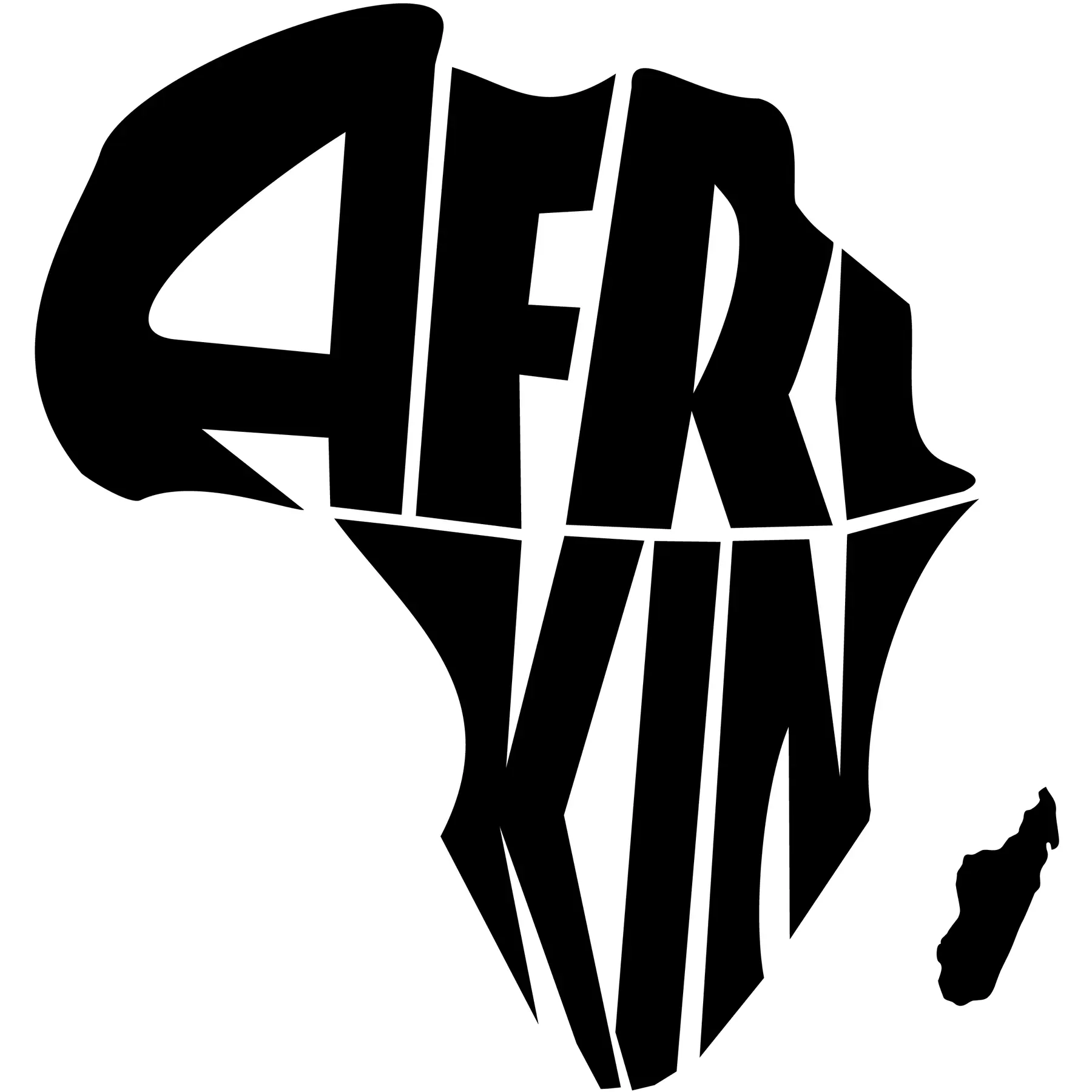Currency
What is needed currently is taking care of the knowledge we have today. Knowledge of our environment, food technologies, herbs that have healed and nurtured us, spiritual wisdom we brought forward on every land. Knowledge of our self, and community. Human adaptability and capacity to change must be understood now. Preservation, respect, education, information, to prepare new generations as it is on going. Our future is to preserve the knowledge we have acquired from our past now. It has guided and protected us. This includes our humanity, cognitive development that flows naturally from our knowledge of truth and rights, from our sound of the drum. Our botany, biology, integrity and ways of giving thanks. We will need all of this to survive the future. Finally our creative assumptions of as a collective as the Most High, have no fear.
Written by: Ida Tafari
To gain access to some of these ideas please read any of the following.
References Cited,
- Okpewho, Isidore; Boy Davies, Carole; Mazruii, Ali,A. (Ed. 1999) The African Diaspora: Origins and New World Identities. Indiana University Press. Bloomington and Indianapolis
- Akbar, NaIM. (1996) Breaking The Chains of Psychological Slavery. Mind Productions & Associates, Inc. 324 N. Copeland Street, Tallahassee, Florida 904-222-1764
- Drake, St. Clair (1970) Redemption of Africa and Black Religion. Third World Press. Chicago, IL.
- Taylor, Orville. (2003) Re-Appropriating the Stolen Legacy: The African Contribution to the Origin of Sociological Thought. Ideaz, Volume 2, Number 1 p.6-20.
- Tafari, Jabulani (2000) The Rastafari: Successors of Marcus Garvey. Caribbean Quarterly, Rastafari Monograph. University of the West Indies Press. JA. West Indies, p.1-15.
- Chevannes, B. 2000 Healing the Nation-Rastafar Exorcism of the Ideology of Racism in Jamaica. In Caribbean Quarterly, Rastafari Monograph. University of the West Indies Press. p.104-128
- Rodney, Walter. (1969) The Groundings with my Brothers. A Priori Print, London.
- Jamaica Journal (2014) Vol. 35, Nos.1-2, July
I would advise reading the full issues of Caribbean Quarterly and the IDEAZ Journal. Both are published by the University of the West Indies Press as special editions.
Stay informed by joining the movement and get your AFRIKIN SWAG here.

